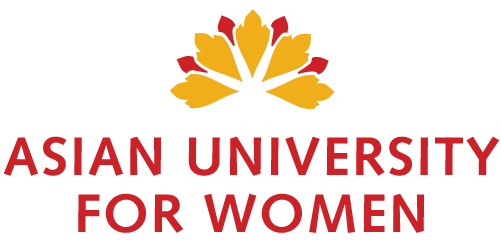| Our efforts yield extraordinary results.
As of 2024, we have graduated 1,522 remarkable young women and preliminary data reveals impressive achievements among our alumni. 40% have completed their Master’s while a further 10% are currently completing Master’s degrees at diverse and prestigious institutions, including the University of Oxford in the UK, Deakin University in Australia, Brown University in the US, and KDI School of Public Policy and Management in South Korea. Additionally, nearly 60 alumni have chosen to pursue PhDs (or equivalent) at esteemed institutions such as the University of Cambridge in the UK, Karolinska Institute in Sweden, Aalborg University in Denmark, and Carnegie Mellon University in the US. One PhD student at Cambridge, Nazifa Rafa, was recently awarded the Vice-Chancellor’s Social Impact Award for her outstanding work examining the complex interactions between host states and refugee communities.
Our graduates have been awarded numerous prestigious scholarships, including the Chevening Scholarship, Commonwealth Shared Scholarship, DAAD Helmut-Schmidt Scholarship, Dalai Lama Fellowship, Erasmus Mundus Scholarship, Fulbright Scholarships and the Weidenfeld-Hoffmann Scholarship among others.
In their professional careers, AUW graduates have assumed significant roles across various fields, including healthcare, climate change and sustainability, education, research and development, and humanitarian response. Zyma Islam, Class of 2013, is a leading crime reporter, who recently uncovered a laundering scheme that may have siphoned out of Bangladesh nearly a $1 billion into unauthorized investments in Singapore. Over 40 AUW graduates are working with United Nations agencies around the world, 54 are on the front line of the Rohingya refugee crisis working in NGOs in Cox’s Bazar, and over 60 graduates have joined the civil service in their respective countries. Among them, Savitri Kumari from India, AUW class of 2015, ranked first in the Jharkhand Civil Service exams and now serves as a Deputy Collector. Shikrity Pramanik, class of 2014, is a Senior Assistant Commissioner and Executive Magistrate in the Bangladesh Civil Service. Priya Nagarajah, class of 2014, from Sri Lanka, holds the position of First Secretary at the Sri Lankan Embassy in Istanbul. Additionally, we have seen numerous Bhutanese alumni joining their country’s Ministry of Health after graduation, further showcasing the remarkable achievements of our graduates.
Aside from the 1522 we have graduated, we also successfully evacuated nearly 160 of our Afghan students who were stranded in Kabul in August 2021 and placed them as transfer students in various US universities including Brown University, Cornell University and Arizona State University. You can read more about the evacuation in the media reports found here. A detailed report on that experience will be released next month on the anniversary of the evacuation. |








